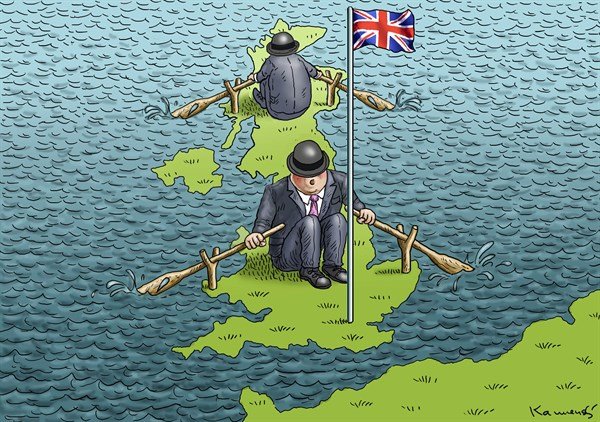There are 131,000 EU citizens working in British arts
mainThey make up 7% of the workforce.
What will become of them after Brexit? Soft, or hard?
Read here.

caricature (c) The Economist

They make up 7% of the workforce.
What will become of them after Brexit? Soft, or hard?
Read here.

caricature (c) The Economist
For 38 consecutive years, the Last Night of…

The death has been made known fo Joel…

The Concertgebouw’s Mahler festival has its first jump-in….

Executive Director Nicola Creed will leave Garsington Opera…

Session expired
Please log in again. The login page will open in a new tab. After logging in you can close it and return to this page.
Comments